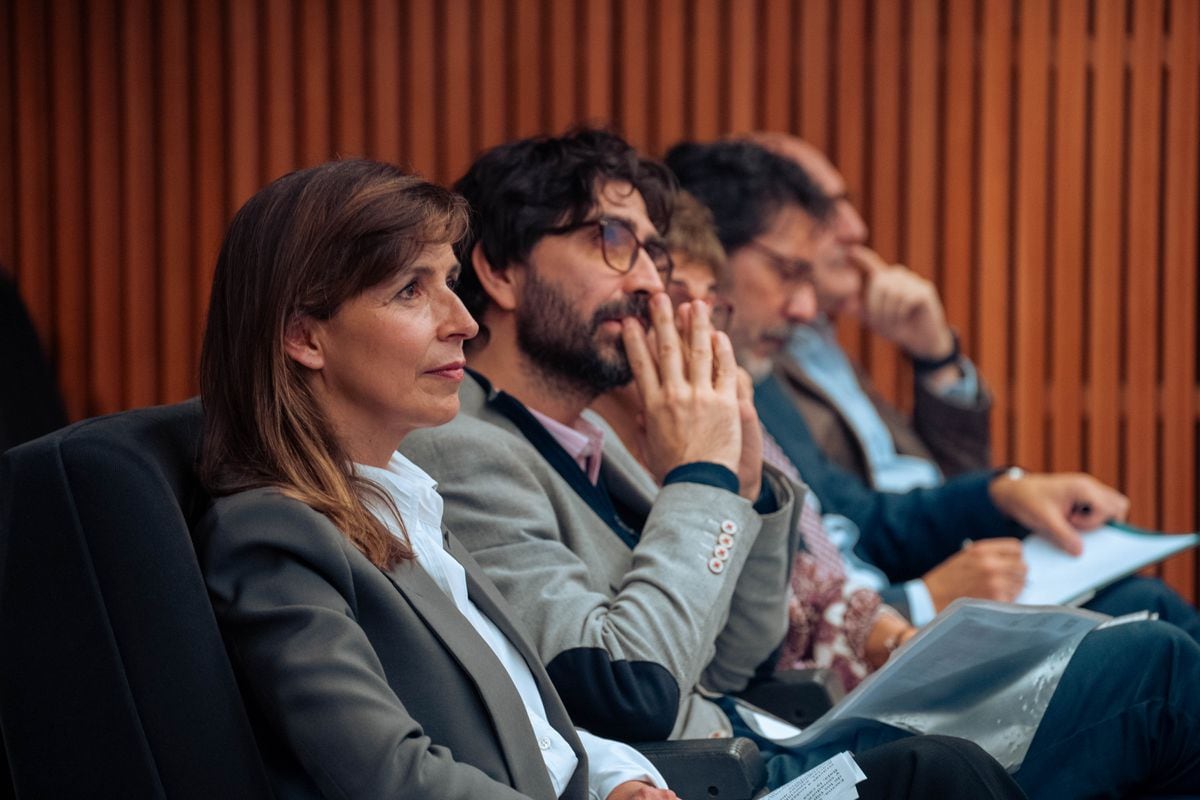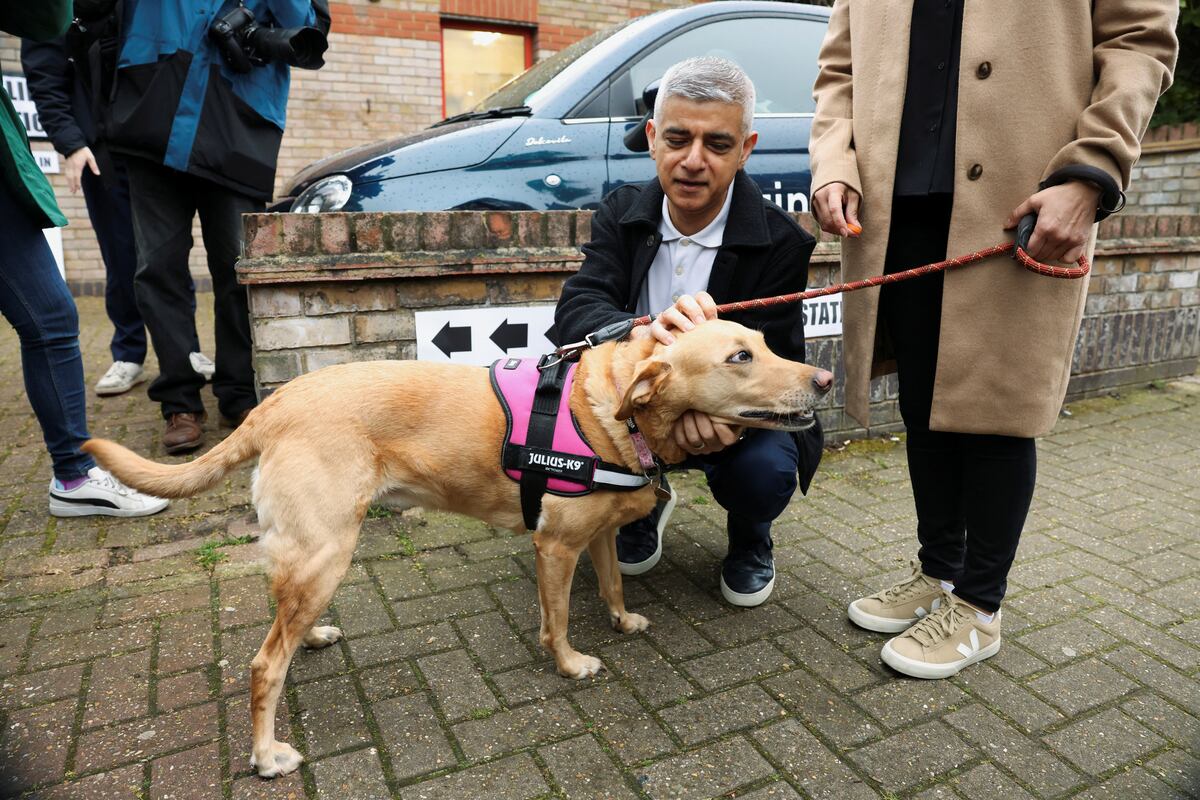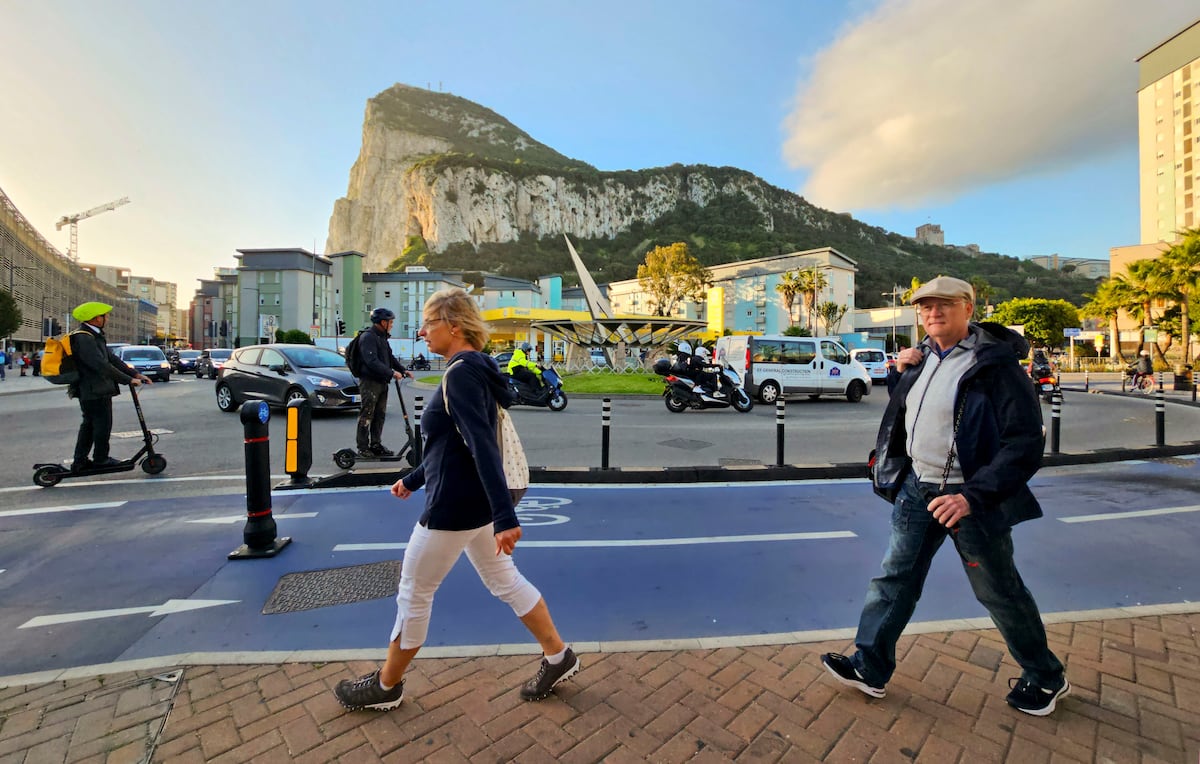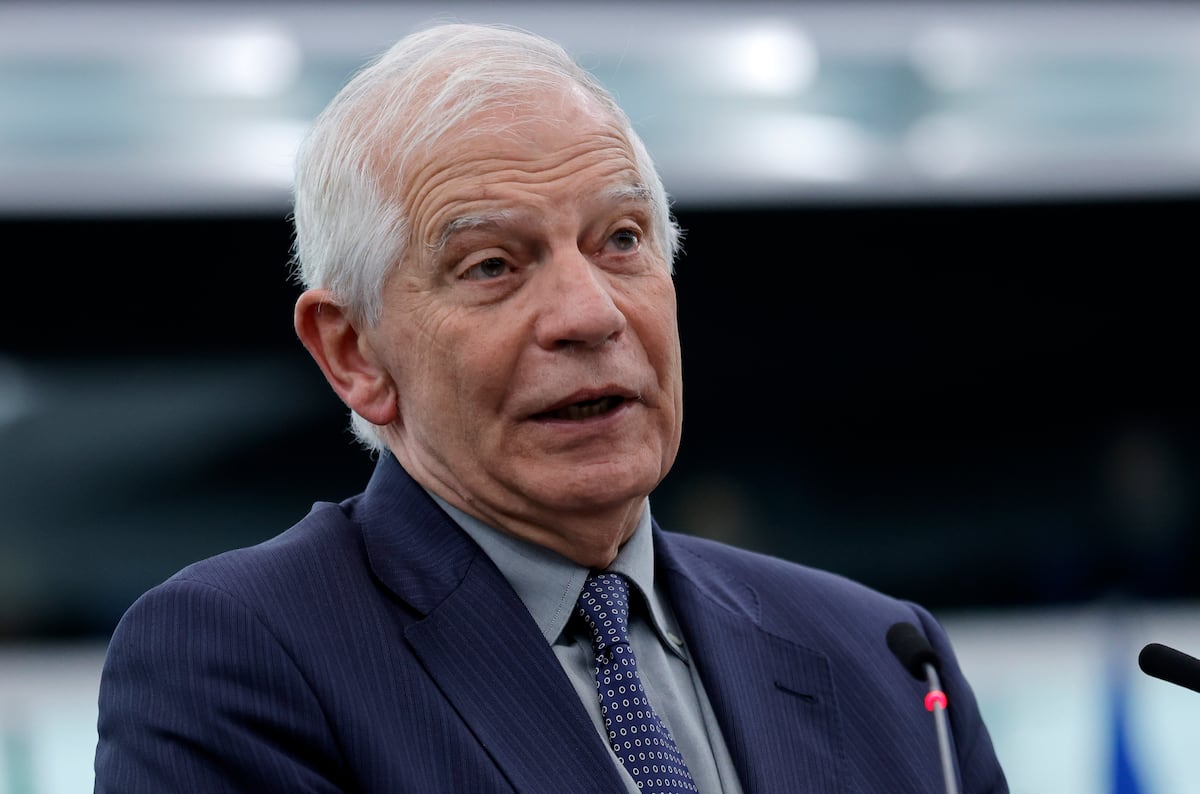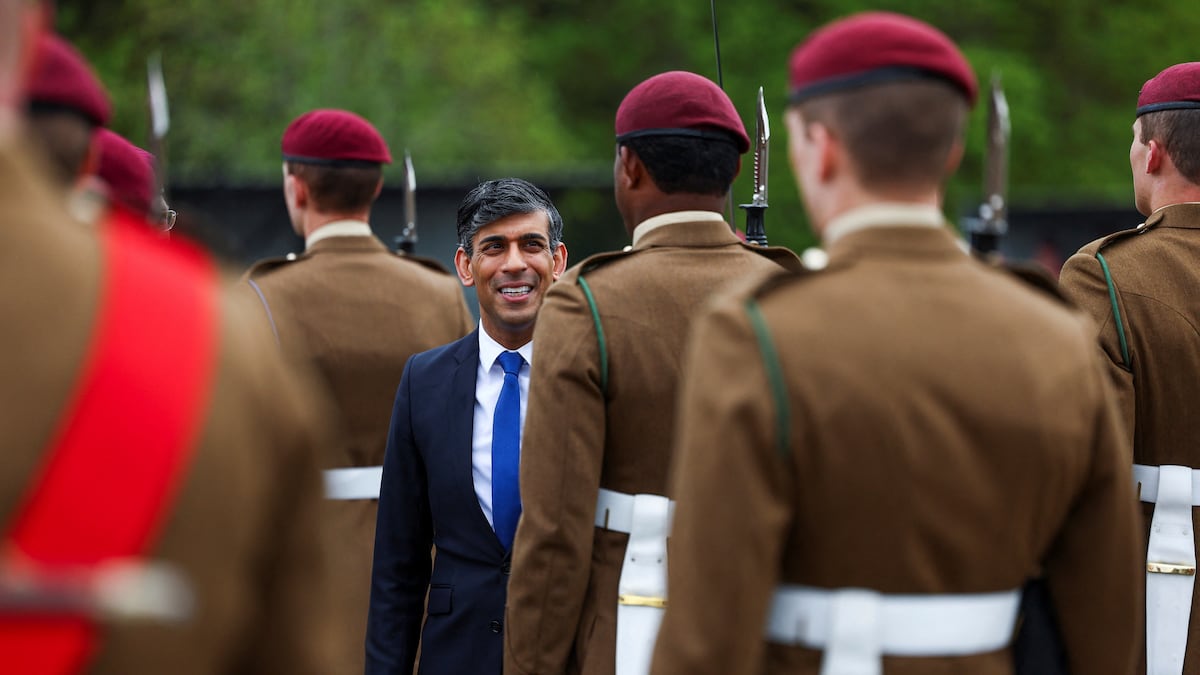The most altruistic tasks are born from an impression adopted by a discovery. Both are equally necessary. The impression is affected by an particularly uncommon most cancers—a number of myeloma—when you’re 37 years previous, with a full household life and a profitable profession. The discovery, after shifting ahead thanks to the tenacity of a husband who strikes heaven and earth till he finds the answer that may save your life, consists of understanding that we’re by no means the middle of the universe, however relatively a part of a neighborhood that wants the hassle of all.
“For us it was an eye-opening expertise. I used to be going to die, as a result of typical therapy did not work. And all of a sudden we discovered a medical trial that modified our lives. We requested ourselves how we may assist, and we did a examine in Spain and found that there was no basis that was devoted completely to most cancers research, as in lots of nations round us,” says Lola Manterola, the president of the CRIS Foundation against most cancers (Cancer Research & Innovation in Science, Cancer Research and Scientific Innovation), with workplaces in Spain, the United Kingdom and France. This Tuesday she is going to obtain the doctorate honoris causa of Medicine on the University of London, on the suggestion of the Cancer Research Institute.
It is simple to flood this text with figures, all equally spectacular, to clarify the inspiration’s work. Fifty million euros devoted to financing oncological research, and round eighty million already dedicated for the following 5 years; 310 researchers and scientists; 499 medical trials in CRIS models and tasks; advantages for greater than 8,300 direct sufferers and a potential impression that reaches eleven million individuals.
But it’s sufficient to keep in mind little Mathías, seven years previous, whose leukemia resisted all accepted therapies. As EL PAÍS reported, the workforce of the CRIS Advanced Therapies Unit of the La Paz Hospital discovered the important thing to make the secondary tumor that had induced the kid’s most cancers disappear in a month.
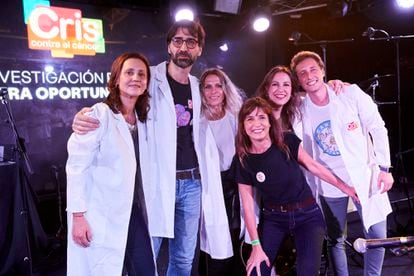
“We have three avenues of labor. We accompany the researcher all through his skilled life. We create models in public hospitals, which is what we would like, in order that the outcomes of the research profit everybody,” explains Manterola, with overflowing loquacity, as if he have been unable to include in his speech the achievements achieved by the inspiration and the challenges that lie forward. “And, thirdly, the collaboration of researchers between completely different nations. Having workplaces within the United Kingdom, France and Spain, we at all times strive to be certain that collaboration happens. In the precise case of childhood most cancers, for instance, to which fewer assets are devoted, this cooperation is crucial,” he factors out.
The problem of elevating
The philanthropy mannequin promoted by Manterola and her husband, Diego Megía, has a clear Anglo-Saxon inspiration, which seeks the solidarity of civil society to fill these gaps that governments and public administrations can not attain in one thing just like the fight against most cancers, which requires virtually limitless assets. The technique of deploying efforts permits elevating funds in all methods. There are greater than 77,000 members within the basis. In Spain, most of them contribute with a month-to-month contribution of round 20 euros. London affords the chance to attain large donors.
And any occasion organized to elevate support works with the identical strategy: creating networks and elevating consciousness. For instance, to take part within the II CRIS Race Against Childhood Cancer, below the motto “We have to run” (www.hayquecorrer.org), which can be held on September 28 in Las Rozas, Madrid, it’s vital to show that the 200 Euros that have to be contributed for registration have been raised amongst buddies, household and colleagues (100 euros if you’re a minor).
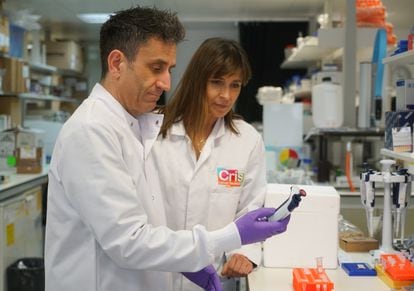
“Spanish society could be very beneficiant, however it is rather instant motion. Respond to emergencies, whether or not it’s a hurricane or any disaster. The Spanish are the primary to put cash or donate an organ. Generosity exists, however little by little it’s buying that long-term consciousness,” says Manterola, to clarify the necessity to maintain over time a mission designed in order that researchers don’t cease midway nor are there paths or therapies left unanswered. discover, regardless of its price. “Precision drugs, immunotherapy and mobile therapies. And particular emphasis, as CRIS Cancer is doing, on every little thing that has to do with vaccines. We at the moment are doing research on the University of Oxford to develop a vaccine against lung most cancers,” Manterola enthusiastically recites within the small workplace that the inspiration has in London.
His youngsters, now 18 and 20 years previous, now not keep in mind something concerning the harrowing days of the sickness. Just the anecdote that typically, when enjoying along with his mom, they might maintain the wig of their palms. She, nonetheless, remembers a basic lesson: “I could not take management of my sickness at that second. It was Diego who grabbed the bull by the horns. When you’ve got most cancers, it’s important to have somebody by your facet, who does not have to be your companion. It could be a pal, or a brother, or mother and father when it comes to a little one. The affected person is targeted on staying alive, however it is vital to have somebody at their facet with a cool head, who is in a position to analyze the scenario of the illness,” she explains.
The basis he presides has fulfilled this basic position of help for hundreds of sufferers. And, above all, for lots of of researchers who’re important in that battle.
Subscribe to proceed studying
Read with out limits
_







